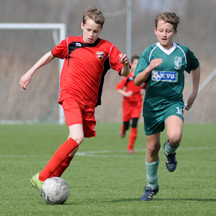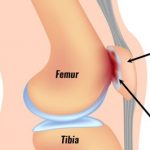 |
A An ankle sprain is a common Sports injury which happens when the ankle stretches more than normal. This over stretch weakens the ligaments that hold the bones together. Ligaments are the fibrous bands that hold the ankle joint together. The ankle consists of 3 joints. The joints are between the lower end of two long bones in your leg. They are called the Tibia and Fibula. They attach to the two bones in your feet called the Talus and calcanium. Together with the muscles and ligaments, the bony ends on the sides of your long bones called malleoli provide…
Read More


